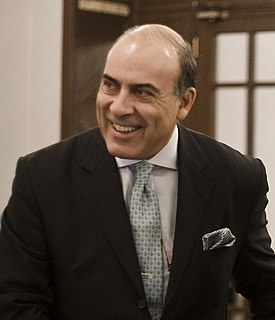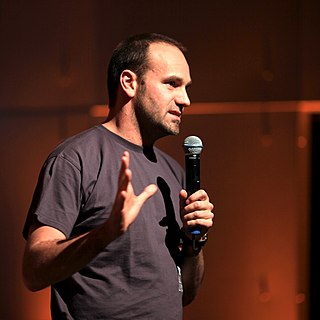A Quote by Muhtar Kent
Growing up, I had a sense of the importance of commerce and trade to everyday life. Our family lived in several countries, and I was fascinated by the free exchange of goods and services between individuals and companies - the way both parties could benefit.
Related Quotes
We also exchange oil for software technology. Uruguay is one of the biggest producers of software. We are breaking with the neoliberal model. We do not believe in free trade. We believe in fair trade and exchange, not competition but cooperation. I'm not giving away oil for free. Just using oil, first to benefit our people, to relieve poverty.
That means we get other countries to play by our rules. You add up all the countries that we have trade agreements with, we have a surplus with them. You add up the countries we do not have a trade agreement with, that`s where a massive trade deficit comes from. So our goal is to get free trade agreements, and that means we get other countries to play and live by our rules so we can level the playing field.


































